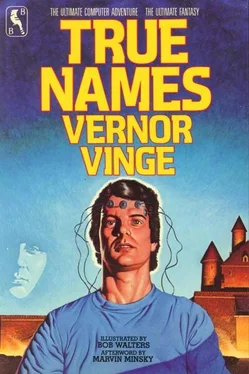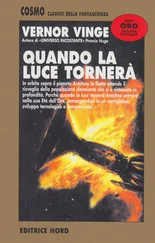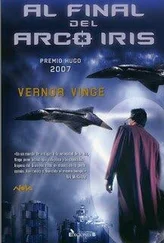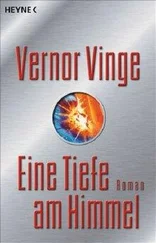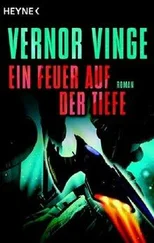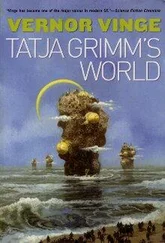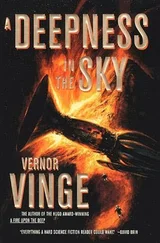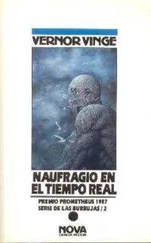And so — let's face it now, once and for all: each one of us already has experienced what it is like to be simulated by a computer!
"Ridiculous," most people say, at first: "I certainly don't feel like a machine!"
But what makes us so sure of that? How could one claim to know how something feels, until one has experienced it? Consider that either you are a machine or you're not. Then, if, as you say, you aren't a machine, you are scarcely in any position of authority to say how it feels to be a machine.
"Very well, but, surely then, if I were a machine, then at least I would be in a position to know that!"
No. That is only an innocently grandiose presumption, which amounts to claiming that, "I think, therefore I know how thinking works." But as we've seen, there are so many levels of machinery between our conscious thoughts and how they're made that saying such a thing is as absurd as to say, "I drive, therefore I know how engines work!"
"Still, even if the brain is a kind of computer, you must admit that its scale is unimaginably large. A human brain contains many billions of brain cells — and, probably, each cell is extremely complicated by itself. Then, each cell is interlinked in complicated ways to thousands or millions of other cells. You can use the word "machine" for that but, surely, no one could ever build anything of that magnitude!"
I am entirely sympathetic with the spirit of this objection. When one is compared to a machine, one feels belittled, as though one is being regarded as trivial. And, indeed, such a comparison in truly insulting — so long as the name "machine" still carries the same meaning it had in times gone by. For thousands of years, we have used such words to arouse images of pulleys, levers, locomotives, typewriters, and other simple sorts of things; similarly, in modern times, the word "computer" has evoked thoughts about adding and subtracting digits, and storing them unchanged in tiny so-called "memories".
However those words no longer serve our new purposes, to describe machines that think like us; for such uses, those old terms have become false names for what we want to say. Just as "house" may stand for either more, or nothing more, than wood and stone, our minds may be described as nothing more, and, yet far more, then just machines.
As to the question of scale itself, those objections are almost wholly out-of-date. They made sense in 1950, before any computer could store even a mere million bits. They still made sense in 1960, when a million bits costs a million dollars. But, today, that same amount of money costs but a hundred dollars (and our governments have even made the dollars smaller, too) — and there already exist computers with billions of bits.
The only thing missing is most of the knowledge we'll need to make such machines intelligent. Indeed, as you might guess from all this, the focus of research in Artificial Intelligence should be to find good ways, as Vinge's fantasy suggests, to connect structures with functions through the use of symbols. When, if ever, will that get done? Never say "Never".
VERNOR VINGE
A Hugo and Nebula Award finalist for True Names, he is also the author of The Peace War, Grimm's World , and a number of short stories. A mathematician and computer scientist, he has published articles in magazines such as Omni . He teaches at San Diego State University.
BOB WALTERS
His illustrations have graced the pages of SF magazines such as Analog and Isaac Asimov's SF Magazine . He has also done a great deal of scientific illustration for college texts, as well as general advertising illustration. He lives in Philadelphia, Pennsylvania.
MARVIN MINSKY
Considered by many to be the father of Artificial Intelligence, he has written especially for this book an essay on the nature of intelligence, natural and artificial. He is the director of the Artificial Intelligence laboratory at the Massachusetts Institute of Technology.
